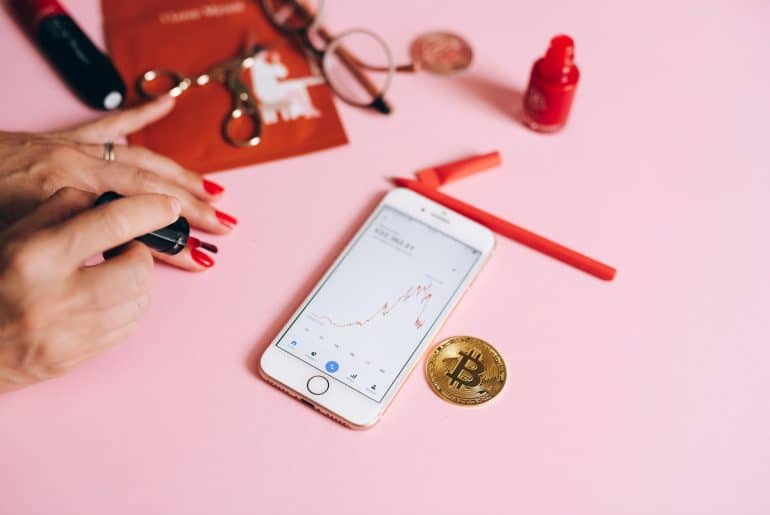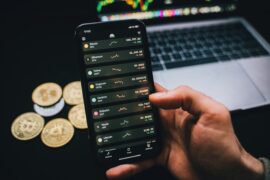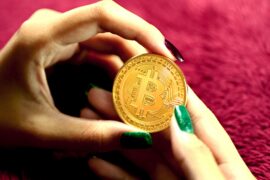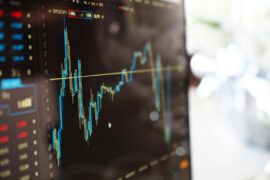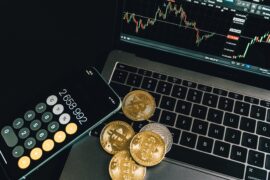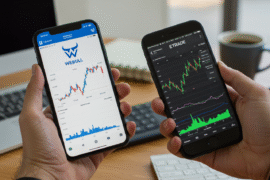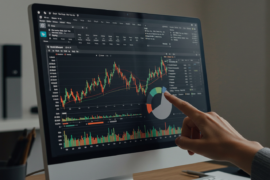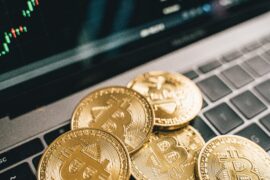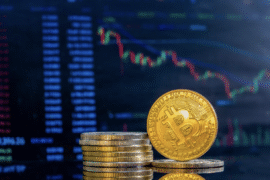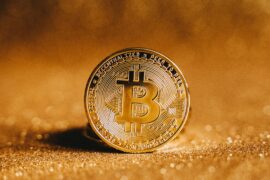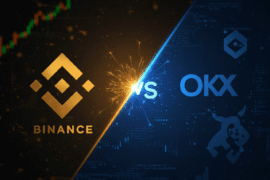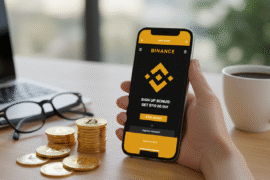This article may contain references to products or services from one or more of our advertisers or partners. We may receive compensation when you click on links to those products or services. Nonetheless, our opinions are our own.
The information presented in this article is accurate to the best of our knowledge at the time of publication. However, information is subject to change, and no guarantees are made about the continued accuracy or completeness of this content after its publication date.

Updated by Albert Fang
There are now two cryptocurrencies available on Binance: Binance Coin (BNB) and Binance USD (BUSD).
What makes these two currencies unique, and why is it necessary for Binance to have both of them?
Is BNB equivalent to BUSD?
Binance established both BNB and BUSD, however, they fulfill distinct functions. BNB is the Binance Exchange and Binance Smart Chain’s utility token, and you may use it to complete transactions (swap BUSD to BNB) and earn trading fee savings on Binance. In contrast, BUSD is a stablecoin whose value is fixed to 1 USD that may be used in the cryptocurrency market.
Here is a comprehensive comparison of these two cryptocurrencies:
Use cases
Binance was designed as the utility token for the Binance platform. Initially, it was just utilized to receive a reduction in trading fees. This meant that if you paid for your trading costs with BNB rather than the currency you were trading in, you would be eligible for cheaper fees.
Binance did state that, beginning in the fourth year, the trading fee reduction would gradually decline (from 25% to 6.75%), but they will maintain the 25% discount until 2022.
In addition, with the launch of the Binance Smart Chain, the BNB use case has extended, since it now drives the whole Binance ecosystem.
On the Binance Smart Chain, several various initiatives have been initiated, with Pancakeswap being the most well-known.
When engaging with the Binance Smart Chain, BNB is also utilized to authorize the transactions you want to do.
The BUSD stablecoin
In the meanwhile, BUSD is a stablecoin where 1 BUSD is intended to equal 1 USD. Compared to other stablecoins such as USDT, BUSD’s reserves consist of a greater proportion of cash and cash equivalents (96%).
In comparison, just 2.9% of USDT’s reserves are in cash!
As a stablecoin, the value of BUSD is backed by the value of the US dollar. Theoretically, when you redeem 1 BUSD, you should be able to obtain 1 USD in exchange.
BUSD has always been subject to stringent regulations, and they comply with the New York State Department of Financial Services (NYDFS).
BUSD is mostly used as a trading pair with other cryptocurrencies and to generate interest.
Corporations supporting BNB and BUSD
The Binance Coin (BNB) was launched in 2017 with the Binance exchange.
In the meanwhile, Binance cooperated with Paxos, a New York-based financial firm, to develop BUSD.
Paxos has BUSD reserves, which are all the US money that support the BUSD.
BUSD was launched in 2019, which is two years later than BNB.
Voted "Best Overall Budgeting App" by Forbes and WSJ
Monarch Money helps you budget, track spending, set goals, and plan your financial future—all in one app.
Get 50% OFF your first year with code MONARCHVIP
Stability of cost
BNB will see more price swings than BUSD. This is because BUSD is a stablecoin, therefore 1 BUSD should equal 1 USD.
Binance has also been destroying BNB tokens by purchasing a chunk of them back and then destroying them. This will theoretically restrict the supply of BNB, which may result in price fluctuations.
BNB will thus be the more volatile token to possess. However, if you trust in the Binance ecosystem, you would be certain that BNB would appreciate it over the long run if you keep it!
Existing trading pairings
You should be able to trade any cryptocurrency on Godex using either BNB or BUSD and swap BNB to BTC or other cryptocurrencies.
Since they were both developed by Binance, you may use either one to purchase the majority of cryptocurrencies on the site. However, the price of BNB is more erratic, which might impact the amount of bitcoin you purchase, while the price of BUSD is more steady.

Reviewed and edited by Albert Fang.
See a typo or want to suggest an edit/revision to the content? Use the contact us form to provide feedback.
At FangWallet, we value editorial integrity and open collaboration in curating quality content for readers to enjoy. Much appreciated for the assist.
Did you like our article and find it insightful? We encourage sharing the article link with family and friends to benefit as well - better yet, sharing on social media. Thank you for the support! 🍉
Article Title: BNB vs. BUSD – What’s The Difference
https://fangwallet.com/2022/10/06/bnb-vs-busd-whats-the-difference/The FangWallet Promise
FangWallet is an editorially independent resource - founded on breaking down challenging financial concepts for anyone to understand since 2014. While we adhere to editorial integrity, note that this post may contain references to products from our partners.
The FangWallet promise is always to have your best interest in mind and be transparent and honest about the financial picture.
Become an Insider

Subscribe to get a free daily budget planner printable to help get your money on track!
Make passive money the right way. No spam.
Editorial Disclaimer: The editorial content on this page is not provided by any of the companies mentioned. The opinions expressed here are the author's alone.
The content of this website is for informational purposes only and does not represent investment advice, or an offer or solicitation to buy or sell any security, investment, or product. Investors are encouraged to do their own due diligence, and, if necessary, consult professional advising before making any investment decisions. Investing involves a high degree of risk, and financial losses may occur including the potential loss of principal.
Source Citation References:
+ Inspo
